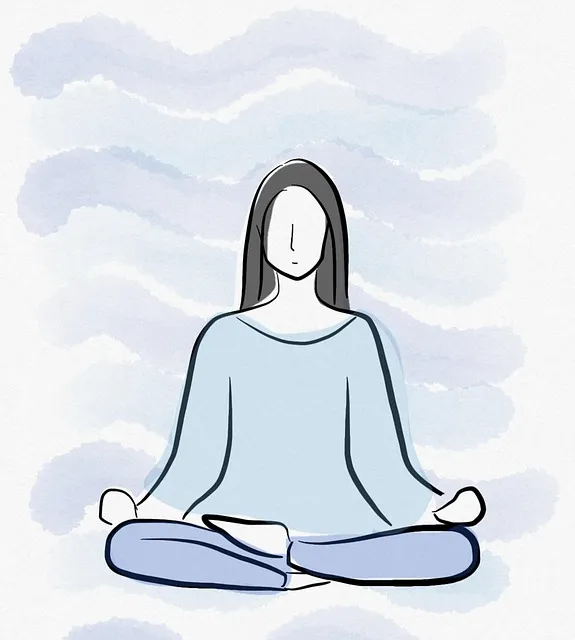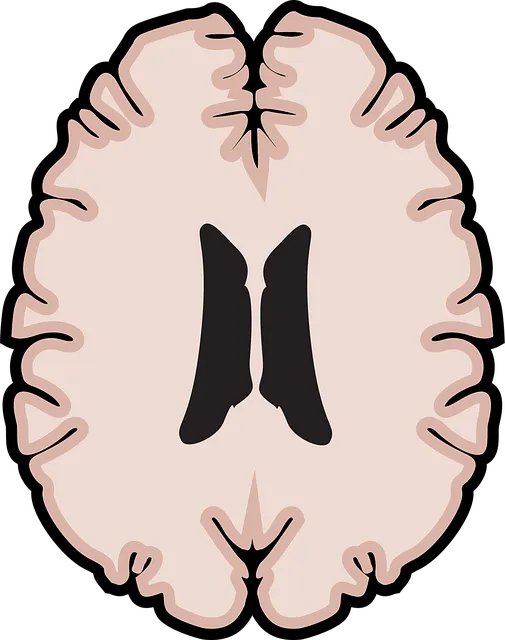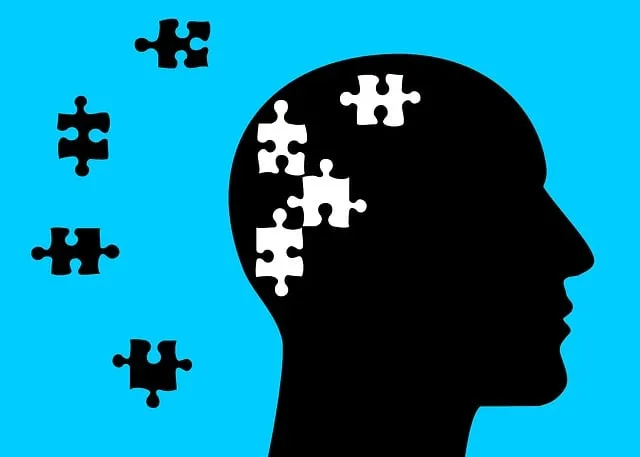The Kaiser Permanente behavioral health center in Lone Tree focuses on stress management as a key component of mental wellness, offering a holistic range of services including Cognitive-Behavioral Therapy (CBT), mindfulness practices, and educational workshops. CBT, combined with Compassion Cultivation Practices and self-care routine development, is an effective evidence-based approach. Mindfulness techniques teach individuals to stay present and observe thoughts without judgment. The center also promotes lifestyle changes like physical activity, balanced diets, and sleep hygiene for long-term stress reduction. Cultural competency training ensures tailored support for diverse patient populations.
Stress reduction is a vital aspect of maintaining overall well-being, and at the Kaiser Permanente Behavioral Health Center Lone Tree, we’re dedicated to exploring effective methods. This article offers an in-depth look at various strategies to combat stress, from cognitive-behavioral therapy (CBT) to mindfulness practices and lifestyle adjustments. Discover how these techniques, proven by behavioral health experts, can help you navigate life’s challenges with resilience and promote a healthier, happier mind.
- Understanding Stress and Its Impact at Kaiser Permanente Behavioral Health Center Lone Tree
- Cognitive-Behavioral Therapy (CBT): A Powerful Tool for Stress Management
- Mindfulness and Meditation Techniques to Reduce Daily Strain
- Lifestyle Changes for Long-Term Stress Reduction and Well-being
Understanding Stress and Its Impact at Kaiser Permanente Behavioral Health Center Lone Tree

At Kaiser Permanente Behavioral Health Center Lone Tree, understanding stress and its impact is a cornerstone of our approach to mental wellness. Stress isn’t merely an emotional response; it triggers physical changes in the body, affecting everything from heart rate to sleep patterns. Recognizing these effects, our center offers comprehensive services aimed at empowering individuals to manage stress effectively. We believe that addressing stress head-on is crucial for maintaining holistic health and preventing more severe mental health issues.
Through a combination of therapeutic practices, educational initiatives like Stress Management Workshops, and self-care tools such as Mental Wellness Journaling Exercise Guidance, we guide our clients towards healthier, happier lives. Additionally, Risk Management Planning for Mental Health Professionals is an integral part of our service, ensuring that those who dedicate their lives to helping others also have access to the support they need to thrive.
Cognitive-Behavioral Therapy (CBT): A Powerful Tool for Stress Management

Cognitive-Behavioral Therapy (CBT) is a powerful tool that helps individuals manage stress by challenging negative thought patterns and behaviors. Offered at Kaiser Permanente behavioral health centers, like the one in Lone Tree, CBT focuses on understanding the connection between thoughts, feelings, and actions. This evidence-based approach teaches people to recognize and change unhelpful thinking habits, thereby reducing stress and improving overall mental well-being.
By incorporating Compassion Cultivation Practices into CBT techniques, healthcare providers can further enhance their patients’ stress reduction journeys. Encouraging self-care routine development is another key aspect of this process, ensuring individuals have tools to manage their stress on a daily basis. Additionally, cultural competency training for healthcare providers plays a vital role in delivering effective CBT, allowing them to better understand and support diverse patient populations.
Mindfulness and Meditation Techniques to Reduce Daily Strain

Mindfulness and meditation techniques have emerged as powerful tools to reduce daily stress and promote mental well-being. At the Kaiser Permanente behavioral health center in Lone Tree, experts emphasize the benefits of integrating mindfulness practices into one’s routine. By focusing on the present moment, individuals can cultivate a deeper sense of calm and clarity, effectively managing stressors that arise from everyday life.
Through regular meditation practice, one learns to observe thoughts and emotions without judgment, fostering a more balanced and resilient mindset. These techniques, coupled with self-care routine development and crisis intervention guidance provided by healthcare providers with cultural competency training, offer comprehensive strategies to combat stress. By prioritizing mindfulness, individuals can enhance their overall mental health and cultivate a sense of inner peace amidst the challenges of modern life.
Lifestyle Changes for Long-Term Stress Reduction and Well-being

Making lifestyle changes is a powerful tool for long-term stress reduction and overall well-being. The Kaiser Permanente behavioral health center in Lone Tree emphasizes the importance of adopting healthy habits that support mental resilience. This includes regular physical activity, which not only boosts mood but also provides an outlet for stress release. A balanced diet, rich in nutrients, fuels both body and mind, enhancing one’s ability to cope with daily stressors. Additionally, prioritizing sleep hygiene ensures adequate rest, allowing individuals to recharge and approach challenges with renewed energy.
Beyond these physical aspects, cultural competency training through healthcare providers plays a pivotal role in stress management. Understanding and incorporating practices from diverse backgrounds can foster positive thinking and mental health awareness. Encouraging mindfulness, meditation, or other relaxation techniques empowers individuals to navigate life’s twists and turns with greater equanimity. By integrating these lifestyle changes, one can cultivate resilience, improve coping mechanisms, and achieve a deeper sense of calm and well-being.
Stress is a universal experience, but at the Kaiser Permanente Behavioral Health Center Lone Tree, we understand its profound impact. Through our exploration of cognitive-behavioral therapy (CBT), mindfulness practices, and lifestyle modifications, individuals can gain powerful tools to manage and reduce stress effectively. By implementing these strategies, one can foster long-term well-being and create a more balanced life. The journey towards stress reduction is personal, and with the right resources, folks can navigate their unique challenges and thrive in a less stressful world.






